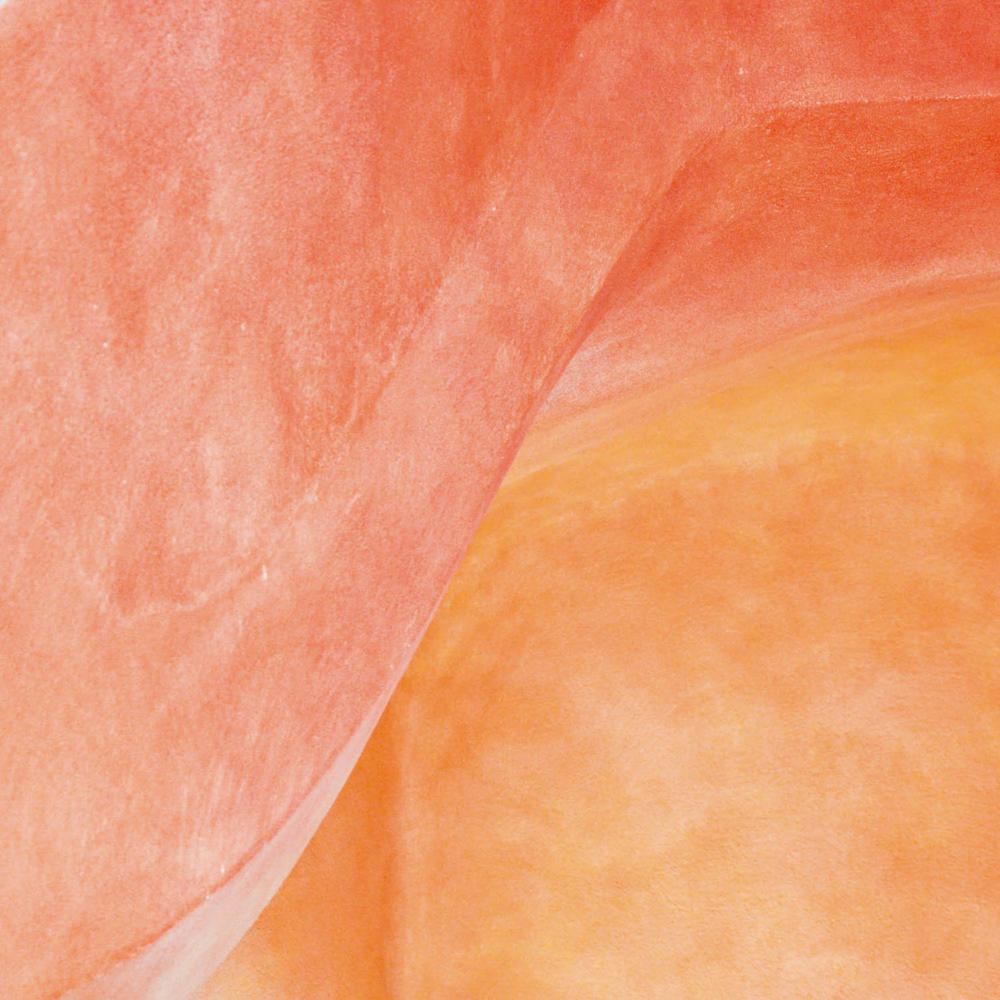The will for future
In July 1920, three months before the opening of the Goetheanum as a School of Spiritual Science, Rudolf Steiner said in a lecture that Western culture and human development would end prematurely if human beings did not take the conscious decision to save it. No higher powers could take this task away from them, but ‘only the actions of human beings who save the declining civilization of their own volition.’ [1]
An organ of freedom and future
The future depends wholly on the will, on the experience of the willing I. In antiquity this free human will was largely unknown and its existence continues to be discussed controversially by many philosophers, psychologists and physiologists. Nonetheless, in the most recent phase of the modern era the will has replaced reason as the supreme human capacity. Immanuel Kant thought that the absolute value of the human being depended on the autonomy of the will. [2]According to Friedrich Hegel, as thinking human beings we make the world our own; we make it something that is essentially and immediately ours. The human I is at home in the world ‘once it has comprehended it.’ But it is the will, Hegel adds, which imprints the ‘trace of the spirit’, of our own spirit, on the world once the world is no longer alien to us. [3] The conscious will [4] is accordingly very close to the human I, to our spiritual centre. Rudolf Steiner pointed out that the I was entirely of a will nature. [5] The will is not the secondary executive organ of reason or desire but, as Hannah Arendt argued convincingly in the twentieth century, a power in itself. [6] It is, one could say, a spiritual organ for the future, as memory is an organ for the past; it is an organ of freedom and of future. [7]Because the future is in principle undecided, it can bring new, unforeseen experiences. The real future is coming towards us; it is not the consequence and continuation of the past. The past is certain, but the future is necessarily uncertain and therefore accompanied by fear and hope.
Unfinished and fragmentary deeds
As will-imbued human beings we extend beyond ourselves, beyond our present existence, even beyond our body. In our actions we live ourselves into the laws and processes of the world around us; we transcend our own organism and are with the other. At the same time, we awaken to ourselves and become aware of ourselves. We get to know ourselves, and are known by others, in our actions.Living ‘in the limbs,’ [8] we become our own selves, individualized earthly beings; we become body, we act and assume responsibility and create destiny as we go towards the future.It is not least our heart centre that allows us to actively create future as we ensoul the life of ideas and receive it in our existential will, with ‘ideals that are born out of the fire and light of our hearts,’ as Rudolf Steiner said. [9]Our actions will always remain unfinished, fragmentary; the will is ‘seed’ and does not achieve its realization on earth. It is always a beginning and in a certain way it is ‘supra-real’. It is bigger than one earthly life. But we must make a start.
Communal will
In the context of the Christmas Conference of 1923/1924 and Rudolf Steiner’s last address it is very important to consider that there is not only individual will but also a common, communal will. ‘That good may become what from our hearts we are founding, what from our heads we direct with focused will.’ [10] According to Hannah Arendt, ‘a We is always engaged in changing our common world’ when we are active. [11] Only together, connected in our activity, will we achieve anything. This is why we have this Goetheanum World Conference of encounters and agreements. The will of one person can become effective in the heart of another and of others. Rudolf Steiner translated the line in the Lord’s prayer ‘Your kingdom come’ as ‘May your kingdom grow in our deeds and in our inmost lives.’ [12]
Forces of hope
We should not give up hope but go together towards the future. [13] With all the crises and chasms of our time, a change will come from a purely materialistic to a spiritual worldview. We need the forces of hope and of trust in the future, and we need to have the courage to embark on new beginnings together. Hannah Arendt said, ‘the will with its projects for the future challenges the belief in necessity, the acquiescence in the arrangement of the world which it calls complacency.’ [14]We should overcome the complacency and truly and effectively ‘take up the loving word of world-will actively into [our] striving souls’. [15] Then we will not be alone: ‘Awaken in the will: you are in the spirit being of the world.’ [16]
Notes
1 Rudolf Steiner: GA 198, lecture of 9 July 1920
2 Cited in Hannah Arendt: Denktagebuch. 1950–1973, Munich 2022, p. 816.
3 Ibid., p. 85
4 Cf. Peter Selg: Friedrich Schiller. Die Geistigkeit des Willens, Dornach 2010
5 Rudolf Steiner: GA 207, lecture of 2 October 1921
6 Cf. Hannah Arendt: The Life of the Mind, New York 1978.
7 Cf. Peter Selg: Der Wille zur Zukunft, Arlesheim 2011.
8 Cf. Rudolf Steiner: GA 260, lecture of 25 December 1923, morning
9 Rudolf Steiner: GA 155, lecture of 14 July 1914
10 Rudolf Steiner: GA 260, lecture of 25 December 1923, morning
11 Hannah Arendt: The Life of the Mind III, Will and Intellect, New York 1978, p. 200
12 Rudolf Steiner: GA 268, The Esoteric Lord’s Prayer
13 Cf. Peter Selg: Das Leben des Geistes in der Corona-Krise. Von der Hoffnung und vom Vertrauen in die Zukunft, Arlesheim 2022
14 Hannah Arendt: The Life of the Mind III, Will and Intellect, New York 1978, p. 196
15 Rudolf Steiner: GA 40, Michael-Imagination16 Rudolf Steiner: GA 265

